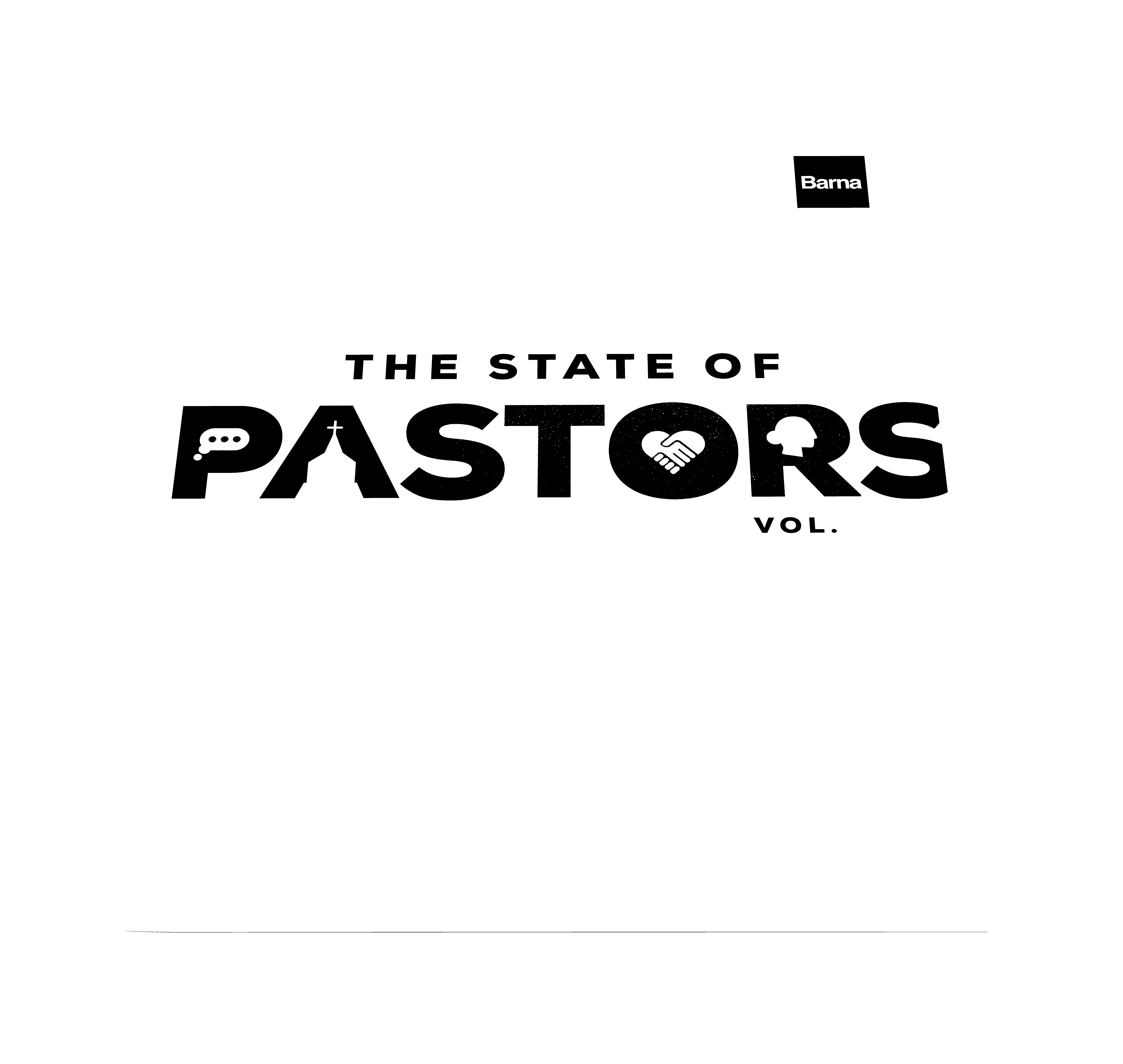Born Again Christians Remain Skeptical, Divided About Global Warming
Most Americans are often hard-pressed to find connection between their faith and their environmental views. However, a new survey by The Barna Group shows that a person’s faith is linked to attitudes about one of the hottest environmental topics: global warming. The study shows significant differences of opinion across a variety of faith groups, with born again Christians – particularly evangelicals – expressing the most skepticism about the importance of global warming of any faith segment. Here are highlights of the research:
Your Leadership Toolkit
Strengthen your message, train your team and grow your church with cultural insights and practical resources, all in one place.
How does the Christian community perceive the issue of global warming?
They are divided. Half (51%) of the nation’s 95 million born again adults view global warming as a “major” problem facing the country and the other half assign the debated issue less importance (42%) or they are not sure (7%). (Note that the Barna research defines born again Christians based upon a person’s spiritual beliefs and not based upon their use of the term “born again” or association with particular types of churches.)
How do born again Christians differ from other faith segments?
Although global warming is on the radar of a slim majority of born again Christians, they are more skeptical than other adults about the severity of the problem. In comparison, 62% of those associated with a faith other than Christianity and 69% of atheists and agnostics described global climate change and the associated environmental changes as a major problem.
Does age make a difference to people’s perspectives?
Surprisingly, the data show minimal differences by respondent age. Among those in their twenties and thirties, 60% felt climate change was a major concern, compared with 55% of adults in their forties and fifties and 56% in their sixties and older. In other words, a majority of each of the nation’s generations believes global warming is a critical problem. Among born again Christians, those under the age of 40 were just as likely as Christians over 40 to describe the issue as a major problem (51% and 50%, respectively).
What about evangelicals and global warming?
In Barna studies, the nation’s born again population is divided into two groups, evangelical Christians (who represent about 18 million adults) and non-evangelical born again Christians (who are about 77 million adults). Evangelicals perceive global warming very differently than any other slice of the population – and they view the issue with significant skepticism. Among evangelicals, just 33% say that the issue is a major challenge, compared with 55% of non-evangelical born again Christians. That qualifies evangelicals as the least concerned segment among more than 50 population groups studied.
Does denominational affiliation correlate with opinions?
Catholics (59%) were more concerned about global warming than were Protestants (52%). The same pattern held true among mainline Protestants (59%), who expressed greater alarm than did Protestants with non-mainline church affiliations (49%).
What other groups express concern about climate change?
The types of Americans who are most concerned about global warming include atheists and agnostics (69%), Democrats (67%), residents of the Northeast (65%), Hispanics (65%), and unchurched adults (64%). Those least likely to describe the problem as a major issue include evangelicals (33%), Republicans (38%), those who are economically downscale (48%), and those living in the Midwest (51%).
Your Leadership Toolkit
Strengthen your message, train your team and grow your church with cultural insights and practical resources, all in one place.
How do views about global warming fit with other attitudes and actions?
Each faith group represents a very distinct profile when it comes to environmental views and behaviors (see chart below).
- Most evangelicals are very skeptical about global warming and that viewpoint mirrors a general lack of enthusiasm for investing in environmental priorities. When it comes to recycling some product or material in a typical month, evangelical engagement is average.
- Non-evangelical born agains put more emphasis on environmental protection than any other faith segment, yet their recycling is below average. They are not particularly resonant to the issue of global warming, though they assign climate change much more significance than do evangelicals.
- Adults who are part of a faith other than Christianity, as well as atheists and agnostics are more active in recycling than are other Christian segments. Interestingly, a greater percentage of non-Christians perceive global warming to be important than say they believe environmental protection is “absolutely necessary.”
- Notional Christians, the largest faith segment in America, are “average” all around. They perceive climate change and environmental investment as equally important and their recycling is better than born again Christians but not as advanced as non-Christians.America’s Faith Segments:
Diverse Views and Actions Related to the Environmentglobal warming
is a “major”
problem“absolutely necessary”
to invest in
environmental
protectionrecycled
product
in the last
month% of
US adult
populationevangelical Christians33%35%71%8%non-evangelical born again
Christians55656735notional Christians59617839other faiths6255907atheists and agnostics69618210(Source: The Barna Group: N=1004; conducted in 2007) - What should Christians make of the research?
David Kinnaman, the president of The Barna Group, directed the study and pointed out some of the implications of the research. “Young born again Christians are not much different than their parents when it comes to concerns about the environment. Despite expectations to the contrary, many young Christians seem to adopt a wait-and-see approach to global warming.”“The survey confirms that Americans disagree about climate change. Each faith audience interacts with the concept of global warming in distinct ways. Evangelicals would rather think about other things. Non-evangelicals say the environment is important to them, yet they are far from convinced that global warming is as important as everyone says. By contrast, many non-Christians view global climate alterations as the central element of their environmental engagement.”
Kinnaman pointed out that despite disagreement, “Most Americans say they recycle, prioritize the environment and perceive global warming to have implications for the nation. It seems as if people are searching for over-arching and compelling themes for environmental care. As Americans become aware of environmental problems and the effects on people inside and outside the U.S., it is important for Christians to embrace and articulate the biblical priority of caring for the world God created.”
“Part of that priority should be to become the best possible stewards of God’s resources by being the best recyclers. Such conservation is stewardship because it means learning to be more responsible with what we have and what we consume, leaving more time and money for God’s purposes. Furthermore, the environment is a potential area of common ground between Christians and non-Christians. Like it or not, if outsiders do not see Christians embodying biblical care related to creation, a Christian’s influence is significantly diminished.”
Additional Reading and Resources
- Order unChristian today
Research Details
This report is based upon nationwide telephone surveys conducted by The Barna Group with random samples of adults, age 18 and older. These surveys were conducted in January 2007 and July-August 2007. The January survey involved interviews with 1007 adults; the August survey included 1004 adults. The maximum margin of sampling error associated with the aggregate sample for each of those surveys is ±3.2 percentage points at the 95% confidence level. Statistical weighting was used to calibrate the sample to known population percentages in relation to demographic variables.
“Born again Christians” are defined as people who said they have made a personal commitment to Jesus Christ that is still important in their life today and who also indicated they believe that when they die they will go to Heaven because they had confessed their sins and had accepted Jesus Christ as their savior. Respondents are not asked to describe themselves as “born again.”
“Evangelicals” meet the born again criteria (described above) plus seven other conditions. Those include saying their faith is very important in their life today; believing they have a personal responsibility to share their religious beliefs about Christ with non-Christians; believing that Satan exists; believing that eternal salvation is possible only through grace, not works; believing that Jesus Christ lived a sinless life on earth; asserting that the Bible is accurate in all that it teaches; and describing God as the all-knowing, all-powerful, perfect deity who created the universe and still rules it today. Being classified as an evangelical is not dependent upon church attendance or the denominational affiliation of the church attended. Respondents were not asked to describe themselves as “evangelical.”
“Notional Christians” are individuals who identify as Christian but who do not embrace the perspectives of a born again Christian.
“Mainline” denominations include Protestants who say they attend one of the following denominations: United Church of Christ, American Baptist, Episcopal, the Presbyterian Church USA, Lutheran, and United Methodist.
About Barna
Since 1984, Barna Group has conducted more than two million interviews over the course of thousands of studies and has become a go-to source for insights about faith, culture, leadership, vocation and generations. Barna is a private, non-partisan, for-profit organization.
Get Barna in Your Inbox
Subscribe to Barna’s free newsletters for the latest data and insights to navigate today’s most complex issues.




